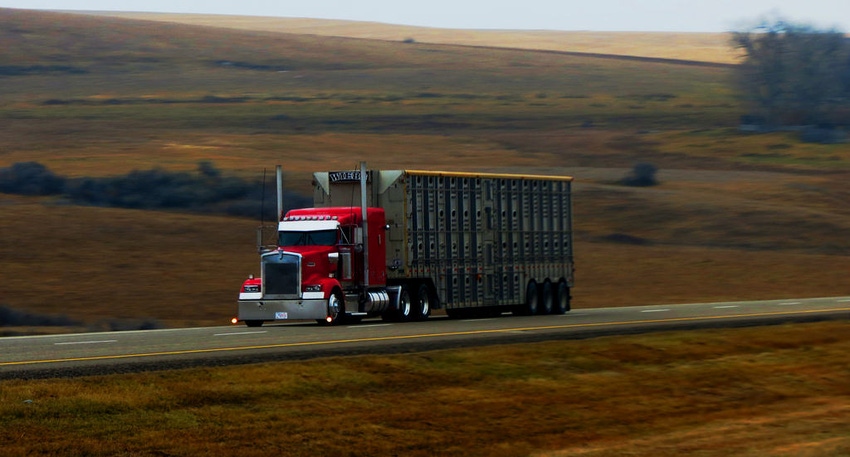Livestock haulers provided continued flexibilities under HOS regulations.

The Federal Motor Carrier Safety Administration announced an extension of the exemption from hours-of-service requirements for livestock haulers. Livestock haulers continue to need this flexibility for the well-being of livestock during hauls, and to keep grocery stores stocked during the continued disruption of COVID-19.
This extension comes after consistent advocacy by the National Cattlemen's Beef Association and others in the livestock sector. Livestock haulers have been operating under an HOS exemption since the beginning of the COVID-19 pandemic while maintaining a strong safety record.
The Emergency Declaration was first issued on March 13, 2020 in response to the national state of emergency. The declaration is meant to provide regulatory relief to motor carriers and drivers providing direct assistance in support of relief efforts related to the COVID-19 state of emergency.
FMCSA has extended the declaration numerous times since, although tightening the eligibility requirements. The transportation of livestock and livestock feed has always been included within the exemption, along with the transportation of other critical supplies such as medical equipment, COVID-19 personal protective equipment, paper products for restocking grocery stores, etc.
"We are grateful to FMCSA for the extension of this exemption, which will provide livestock haulers continued flexibilities under hours-of-service regulations. I believe FMCSA's continuation of this exemption indicates their confidence in our producers to keep doing their work safely and effectively, while keeping the grocery store shelves stocked with beef," says Allison Rivera, NCBA executive director of government affairs.
The most recent extension will continue through midnight on Nov. 30, 2021. This extended a previous exemption that was to expire Aug. 31.
Current HOS rules allow for 11 hours of drive time, 14 hours of on-duty time, and then require 10 consecutive hours of rest. When transporting livestock, there is a real need for further flexibility beyond the current hours-of-service. Unlike drivers moving consumer goods, livestock haulers cannot simply idle or unload their trucks when drive time hours run out without jeopardizing animal health and welfare.
The recently passed bipartisan infrastructure package passed by the Senate also includes provisions to address truck driver shortages, including hours-of-service changes.
“NCBA will continue to work toward additional, more permanent flexibility under HOS, and we appreciate FMCSA's open dialogue on this issue,” Rivera says.
About the Author(s)
You May Also Like





